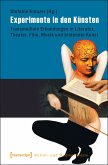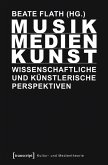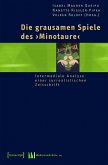This book supports and deepens the existing interfaces between art, science, and technology - transgressing traditional principles and styles of research, and selectively overcoming the side-by-side coexistence in favour of an integrated »laboratory of the future«. Instead of relying on traditional dualisms like nature-culture, subject-object, as well as man and machine, heterogeneous networks with humans and non-humans (Latour) are opened in shared contexts of agency. New momentary propositions are developed, meeting the complexity of discovering, exploring, and inventing - things: things which do not exist just as given beings. The artists and theoreticians can pursue using the tools and techniques of science actively - not only to comment them but also to fathom their possibilities, and employ them in their artistic and scientific projects. Machines as Agency is an artistic perspective.

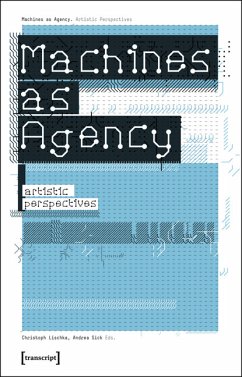

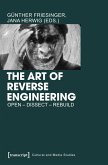
![welt[stadt]raum (eBook, PDF) welt[stadt]raum (eBook, PDF)](https://bilder.buecher.de/produkte/43/43429/43429114m.jpg)
